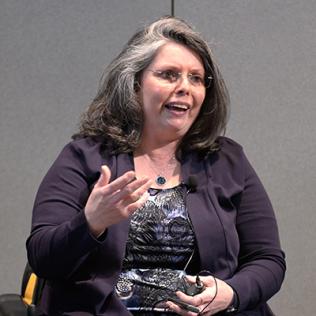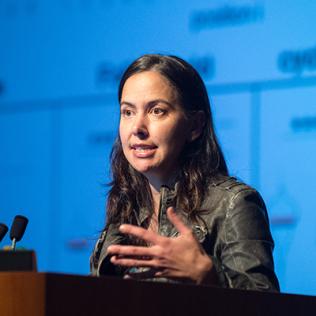
On the Cover
Pollen grains: male germ cells in plants and a cause of seasonal allergies. People who get sneezy and itchy-eyed every spring or fall may have pollen grains, like those shown here, to blame. Pollen grains are released to fertilize the corresponding female plant parts. When they are instead inhaled into human nasal passages, they can trigger allergies.
EDNA, GIL AND AMIT CUKIERMAN, FOX CHASE CANCER CENTER, PHILADELPHIA





